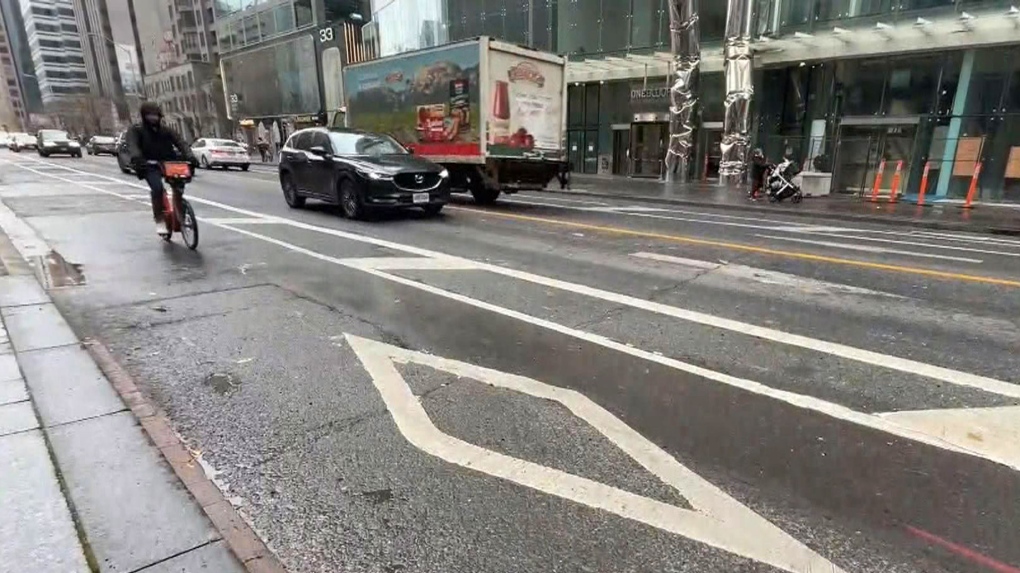The Ontario government has passed Bill 212, a contentious law requiring municipalities to seek provincial approval before adding bike lanes on arterial roads, particularly if car lanes must be removed. Passed with a 66-27 vote on Monday at Queen’s Park, the legislation has ignited debates over safety, local autonomy, and urban planning priorities.
The law also grants the province authority to dismantle bike lanes on major Toronto thoroughfares, including Bloor Street, Yonge Street, and University Avenue, without consulting the city. Premier Doug Ford defended the move, stating it will alleviate gridlock for drivers. “We promised to get drivers out of gridlock by bringing sanity back to bike lane decisions, and we’re getting it done,” Ford wrote on X (formerly Twitter).

City estimates place the cost of installing existing bike lanes at $27 million and predict it would cost $48 million to remove them and restore car lanes. However, the provincial government disputes these figures, along with claims about the bike lanes’ impact on vehicular traffic.
Ford argued that bike lanes on busy roads are widely unpopular, saying they should be confined to quieter streets. Critics, however, warn of dire consequences.
Cycling advocates have condemned the legislation, calling it a blow to cyclist safety. Civic activists have also criticized the bill for undermining local decision-making, citing concerns about the province’s overreach into municipal affairs.
Adding to the controversy, the bill limits legal recourse against the government in cases where cyclists are injured or killed on roads where bike lanes have been removed.
The legislation now awaits royal assent to become law, with opponents vowing to continue pushing back against its implications for public safety and local governance.

